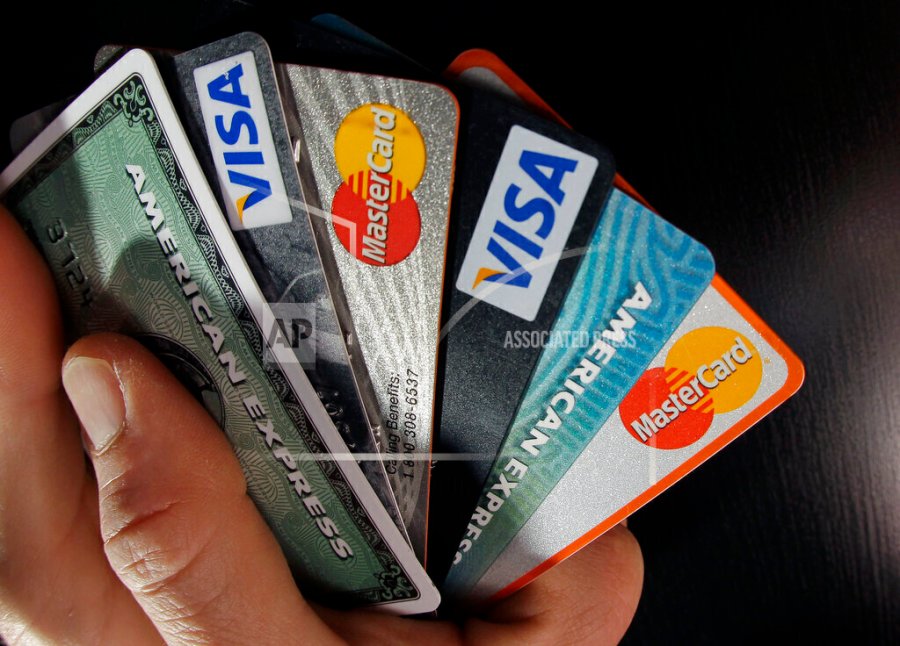HONOLULU (KHON2)– Credit cards can be handy, but they can also get you in debt quickly.
A recent report shows Generation Z, those born between 1995 and 2011, struggling even harder than their older counterparts to pay off the plastic.
A financial expert said he’s not surprised and offered helpful tips.
Making ends meet can be tough, inflation is up interest rates are up, and when that happens many people turn to credit cards.
“In America, we’ve seen the highest credit card debt ever. We’re at like, almost $1.3 trillion in credit card debt, and the biggest impact is on our younger generation,” said Alan Akina, CEO of 101 Financial.
According to a recent study by the Federal Reserve Bank of New York and Statistics Group, 15.3% of Generation Z credit card users have maxed credit cards.
That’s about 1 in 7, compared to 12.1% of millennials, 9.6% of Generation X and 4.8% of Baby Boomers.
Gen Zers like 26-year-old Dane Itamura, said it’s a sign of the times.
“I think with just trying to find a job, a job that will pay you well enough to maintain a decent quality of life, somewhere that’s expensive whether its here or somewhere else that you’re trying to live, it doesn’t necessarily surprise me,” Itamura said.
Katie Rozen, age 23 said, she’s not surprised either.
“A lot of people my age don’t really know how to work with finances,” Rozen said.
Both Itamura and Rozen said they think students should be taught more about handling finances in school.
“Just things like how to budget, how to stay on top of your finances, even when you’re in college so you can practice good habits,” Itamura added.
When it comes to managing debt, Akina said it’s all about understanding your cash flow. To do that you have to know three numbers.
“What is my income? You gotta write that down on a sheet of paper, this is what I bring home,” Akina explained. “The second number we need to know is what are our expenses like? So what are we spending money on gas and food and going out our cell phone bill, things like that. And the third number you need to know is your monthly debt payment.”
Then he said add it up and see where you stand from a cash flow perspective.
“Am I positive cash flow, making more than I spend each month and my just breaking even? Or am I negative cashflow? Spending more than I make now,” he said.
If you spend more than you make, you need to go back to that list and see what you can cut out or you need to make more money.
“Work overtime, find a side hustle,” Akina explained. “Make more money, so you can get yourself to break even.”
Once you break even, start to save.
“I would start saving small chunks. So at least 10% You want to start to put away, get yourself in that habit,” he said.
He said it’s also important to pay down your debt, starting with credit cards. You can focus on high interest cards first, or pay off a card with a smaller balance, to get a positive psychological boost.
